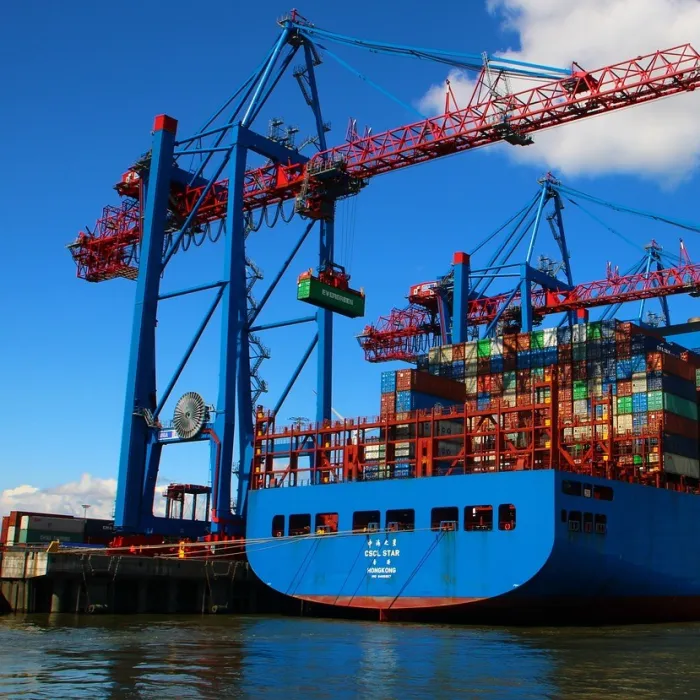Entrepreneurs Call for a Proactive EU Trade Agenda

The published position is an urgent call for EU leaders to adopt a proactive, creative, and future-oriented trade agenda during the next institutional cycle (2024-2029). In recent years, the EU has focused on its defensive tools, but now it must develop an ambitious diversification strategy to balance this focus and strengthen the EU's role in the development of sustainable and digital trade.
Trade Agreements and Relations with Major Partners
In terms of trade agreements, the EU should aim for a new generation of bilateral agreements with third countries and offer partners a wide range of options and tools. These could include comprehensive trade agreements, sectoral agreements for specific industries, partnerships in digital technologies, critical raw materials, regulatory cooperation, or initiatives such as Global Gateway. The EU must consider the level of development of partner countries and lower its ambitions if necessary, as overly demanding requirements may be unattainable for third-country partners, who then logically seek alternative cooperation options with other partners. Recognizing this diversity is crucial for the EU to support inclusive and effective trade partnerships.
Relations with the EU’s two most important trading partners, the United States and China, will also play a key role in ensuring the EU's future competitiveness. Regarding transatlantic relations, business costs across the Atlantic should be reduced, for example, through mutual recognition agreements for conformity assessment. Concerning China, the EU should be assertive and united in protecting its economic interests while continuing cooperation with China in foreign policy, trade, and investment. BusinessEurope also calls for strengthening trade ties with the UK and Switzerland, modernizing the customs union with Turkey, and maintaining support for Ukraine, which has been illegally invaded by the Russian Federation.
Ensuring Fair Competition and Economic Security
It is also important to use trade defense instruments effectively, such as anti-dumping measures, to ensure fair competition and protect European industries from unfair trade practices. At the same time, financial tools, such as the Global Gateway initiative, should be used strategically to promote global connectivity and trade, thus advancing European interests and values on the international stage. BusinessEurope has published recommendations for Global Gateway this year, available here.
From the perspective of economic security, a balanced approach is needed that promotes trade openness while ensuring economic security and prosperity in the EU. BusinessEurope emphasizes protecting sensitive sectors, strengthening supply chains, and addressing dependencies, especially in critical raw materials and digital technologies. To this end, BusinessEurope has published a separate position on economic security this year, calling for a predictable business environment and targeted solutions, where protectionist efforts must not overshadow openness and partnership. More information here.
Supporting WTO and European Policy Influence
Finally, the EU must support the WTO and work to ensure its sustainability for the future. Despite its problems, the WTO remains a safety net for companies whose operations depend on a rule-based and enforceable trade regime. The European Commission should continue to work closely with other key players to ensure the long-term sustainability of the WTO as a key element of the global trading system.
The Confederation of Industry of the Czech Republic is a member of BusinessEurope, the umbrella European business organization representing the interests of more than 20 million companies from 36 countries, including non-EU countries such as Norway, Turkey, and other neighboring countries.
EU trade policy is conducted at the Union level and falls exclusively within its competence. Due to our membership in BusinessEurope, the Confederation of Industry has the opportunity to actively influence the direction of the EU's external relations, which often first develop in the area of trade and then extend to other areas of cooperation. However, EU member states play a key role in shaping and implementing this policy. Therefore, we are also active at the national level, where we advocate for the interests of Czech business, such as promoting exports or diversifying trade relations to strengthen supply chains and reduce critical dependencies.
The full position, organized into chapters containing specific recommendations, can be found here.